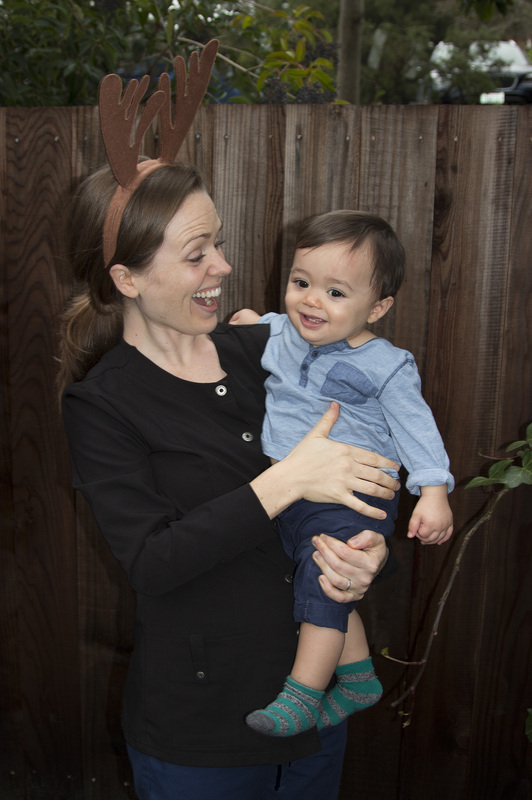|
My partner has informed me multiple times that I have a bad habit of grinding my teeth while I sleep at night. I often wake up with a headache or sore muscles around my jaw. During the day I have also noticed that I clench my teeth while I am driving.
According to dental literature this is a condition called bruxism. Many people are unaware that they grind their teeth because they do it while they are in deep slumber. The clenching and grinding is usually loud, but others do it without making a noise. Bruxism may be mild and occasional or aggressive and frequent. People who grind or clench their teeth will often experience headaches, earaches, or toothaches. On occasion, muscle soreness and jaw joint tenderness are experienced. Besides causing discomfort, grinding can damage dental restorations and loosen teeth. Bruxism can also damage the jaw joints that connect the jaw (mandible) to the skull. Grinding can cause cracks on teeth, wear away enamel that can lead to sensitivity to pressure and temperature changes. Bruxism develops at any age. Pain or discomfort from colds, ear infections, allergies and other ailments may cause kids to grind their teeth. Causes of bruxism are not really known, but several factors may be involved. Stressful situations, problems in sleeping, an abnormal bite, and crooked or missing teeth have been found to contribute. What can be done? Regular dental checkups are important to detect damage in the early stages. Your dentist can diagnose and treat irregular wear on teeth and determine the source of facial pain that may result from bruxism. Your dentist may suggest a nightguard that can be worn while sleeping. Custom-made by the dentist from soft material to fit your teeth, the nightguard slips over the teeth on the upper or lower side and prevents contact with the opposing teeth. The nightguard relieves some of the pressure of grinding and clenching. If stress is the major cause of bruxism, it may be helpful to also find ways to relax. Applying a warm, wet washcloth to the side that is sore may help relax the muscles that have been causing discomfort. If you have difficulty handling stress, counseling may point to effective ways of dealing with stressful situations. An abnormal bite, one in which teeth do not fit well together, may lead to grinding. Treatment may involve reducing the high spots on one or more teeth. For serious cases, your dentist may suggest reshaping or reconstructing the biting surfaces with inlays or crowns. Grinding is a common occurrence for many people at some time or another. If you routinely grind your teeth, please see your dentist. JADA Vol. 136 April 2005 Pg 559
1 Comment
5/25/2012 09:22:49 pm
Wonderful!! this is really one of the most beneficial blogs I’ve ever browsed on this subject.I am very glad to read such a great blog and thank you for sharing this good info with us.
Reply
Leave a Reply. |
Dr. Hyatt’s Dental CornerAs your family advocate for dental care we would like to provide you with some tips on how to save your money and have a beautiful smile. Archives
December 2015
Categories |

 RSS Feed
RSS Feed